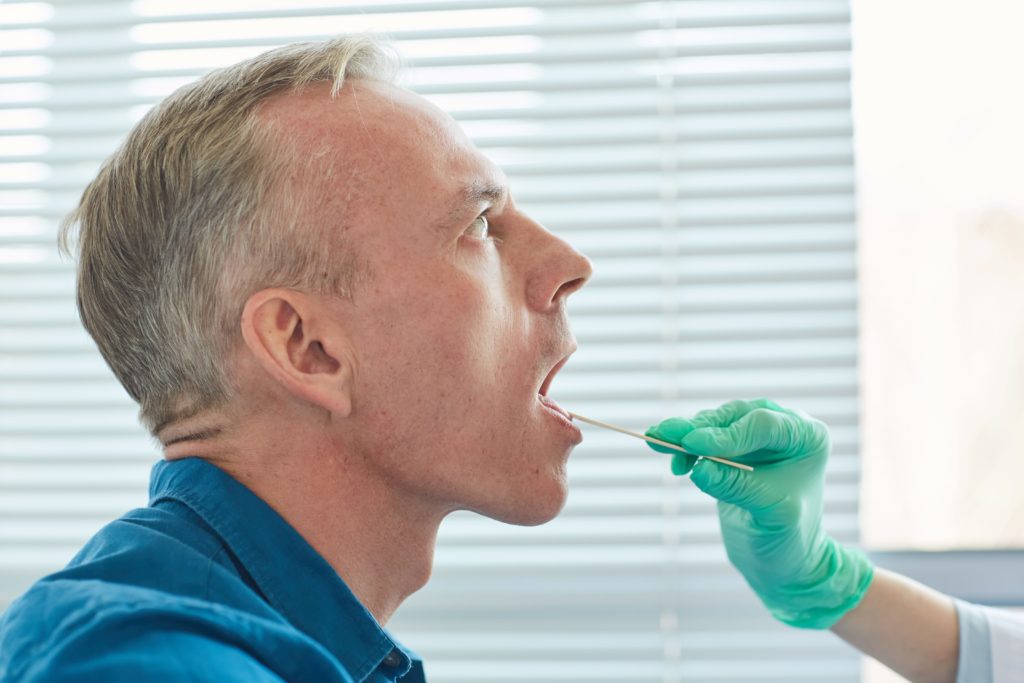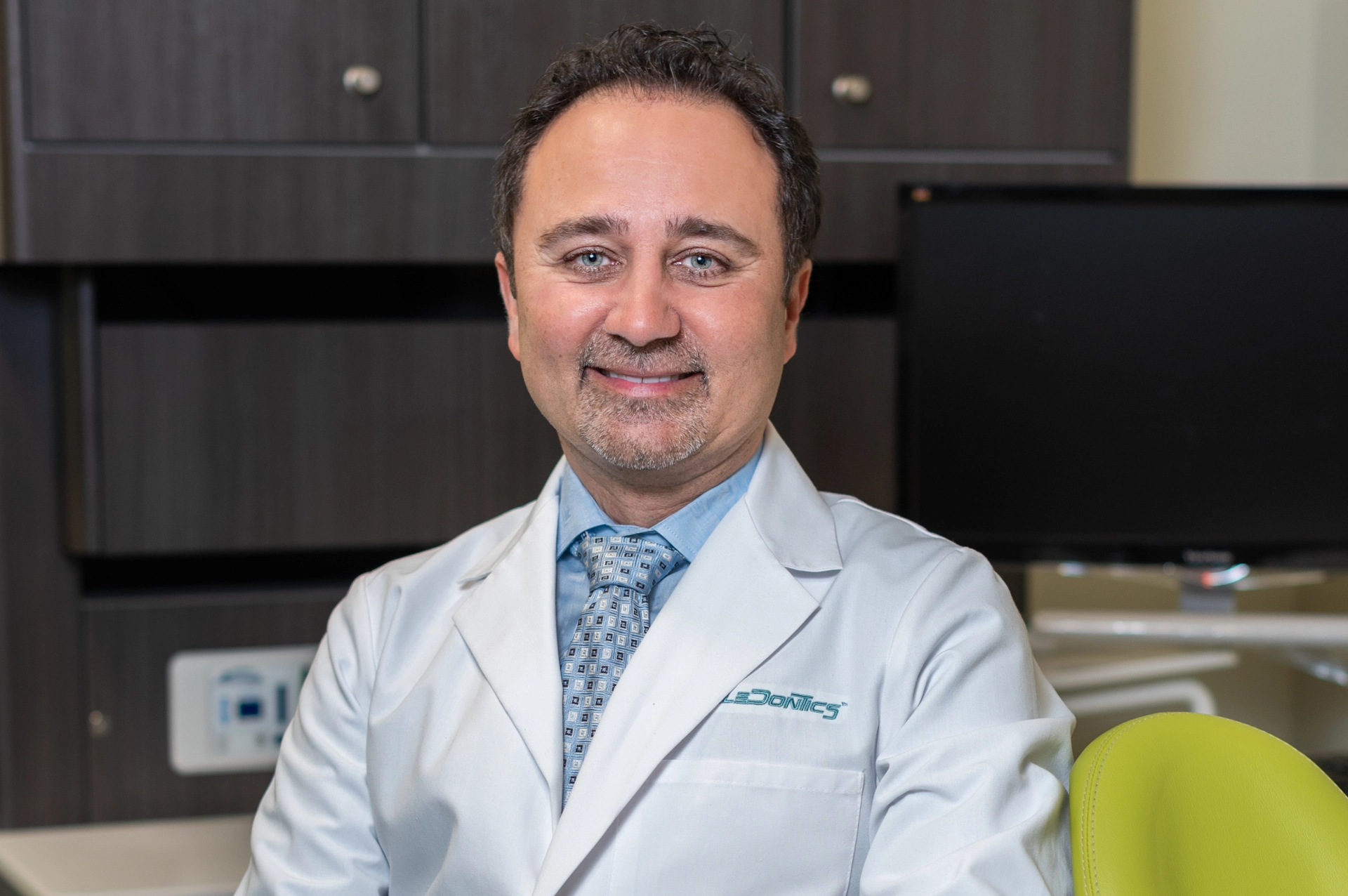
Have you ever seen what looks like a black hairy tongue? This condition may sound (and look) alarming, but it’s thankfully not as scary as it sounds. When the typically small bumps on top of your tongue—called filiform papillae—grow longer than their normal 1 millimeter and don’t shed the way they are supposed to, they can grow up to ¾ of an inch long. This makes your tongue appear hairy. They can then collect food, bacteria, and dead skin cells, all of which create the telltale color on the surface of the tongue. The colors can vary, ranging from white to green to brown to black.
While black hairy tongue is a relatively common condition—affecting up to 13% of people—and it’s both harmless and temporary, it can still be unnerving. As such, you’ll be happy to learn that it’s also treatable. Let’s take a closer look at the various black hairy tongue causes as well as what you can do to treat this condition.
Black Hairy Tongue Causes
What is black hairy tongue caused by? It’s typically the result of poor oral hygiene or a soft food diet. Your tongue requires the regular abrasion and stimulation provided by eating a variety of different foods to help encourage the shedding process of your filiform papillae. Additionally, poor oral hygiene can cause an excessive buildup of bacteria, dead skin, and food debris. However, there are other black hairy tongue causes, including:
- Antibiotics that impact bacteria and yeast in the mouth
- Dry mouth
- Mouthwashes containing astringent or irritating agents
- Significant alcohol use
- Significant coffee and black tea consumption
- Some medications
- Radiation therapy
- Tobacco use
Black Hairy Tongue Symptoms
Frequently, black hairy tongue symptoms are all visual with the characteristic discolored, hairy appearance of the tongue. However, other symptoms may include:
- Bad breath
- Burning or tickling sensation
- Changes in the way things taste
- Gagging
- Metallic taste in the mouth
Black Hairy Tongue Treatment
The great news is that black hairy tongue is very treatable. Very often, all that’s required is a little extra effort with your oral hygiene routine. Your doctor or dentist will usually start by asking you to improve your oral hygiene at home. Frequently, with proper flossing, tooth brushing, and tongue brushing or scraping twice per day, the condition resolves. You may also need to change some habits, including eating a healthy, varied diet, drinking plenty of water, quitting tobacco use, reducing your intake of coffee or black tea, and avoiding irritating mouthwashes.
If improving your oral hygiene and changing certain habits does not resolve the problem, your doctor will need to determine the contributing cause. Other black hairy tongue treatment may include antibiotics, antifungals, medicated mouthwash, or retinoids to clear the condition. You may also need to switch medications if a medication is contributing to your tongue condition. In rare cases, a biopsy may be required and surgery can be performed to resolve the problem.
See Your Dentist for Regular Checkups
As unsettling as black hairy tongue may look, it’s almost always easy to resolve with excellent oral hygiene. Seeing your dentist regularly will help you keep your mouth clean and healthy, which helps fend off this condition. Regular checkups also allow your dentist to identify potential problems or early stages of this condition to help you prevent worsening issues. Remember, your mouth is the gateway to the rest of your body, so staying healthy begins with keeping your mouth as clean and healthy as possible.
To learn more about what excellent oral health can do for your overall health, order your copy of If Your Mouth Could Talk. Discover how excellent oral hygiene is the key to a longer, happier, healthier life.
Sources:
https://my.clevelandclinic.org/health/diseases/17918-black-hairy-tongue
https://www.mayoclinic.org/diseases-conditions/black-hairy-tongue/diagnosis-treatment/drc-20356080
https://jamanetwork.com/journals/jamadermatology/article-abstract/2789440

